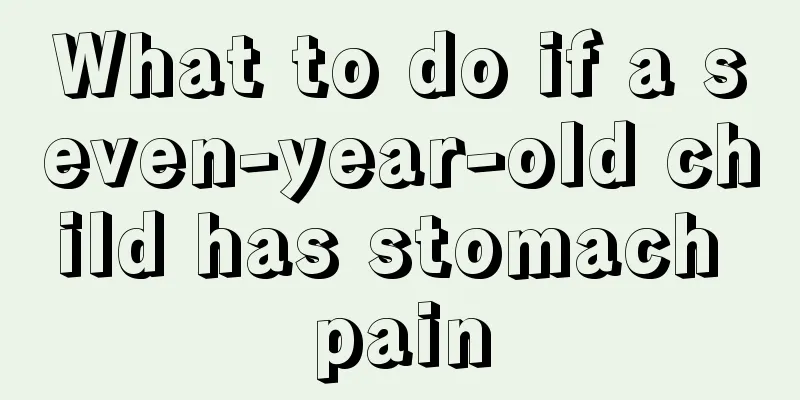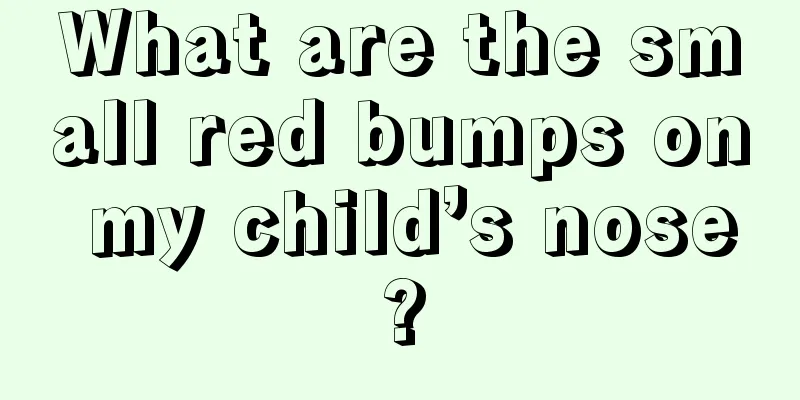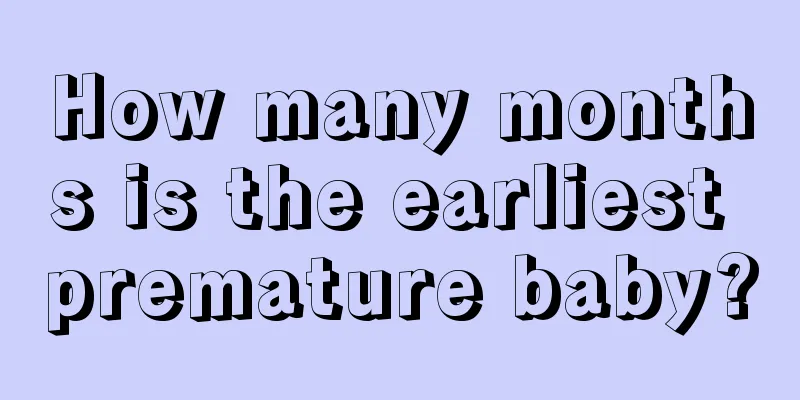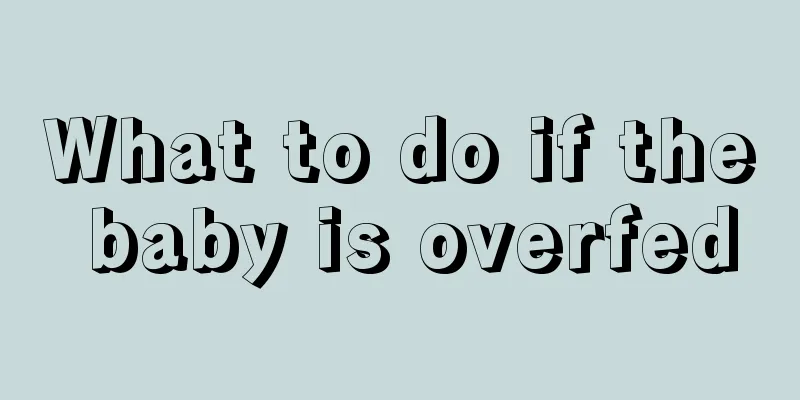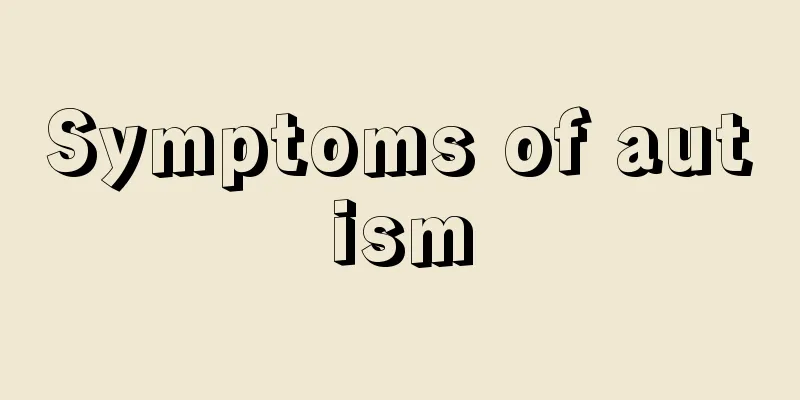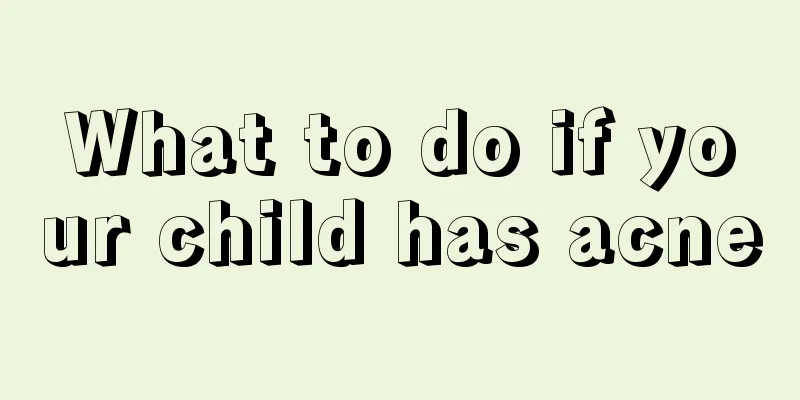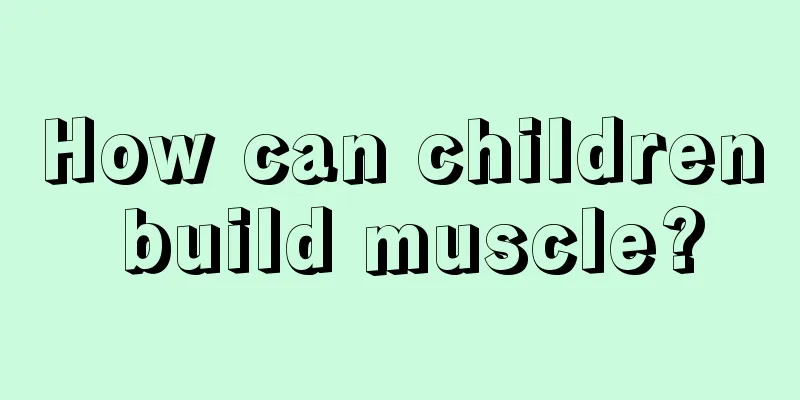What medicine should children take if they catch a cold and have a fever?
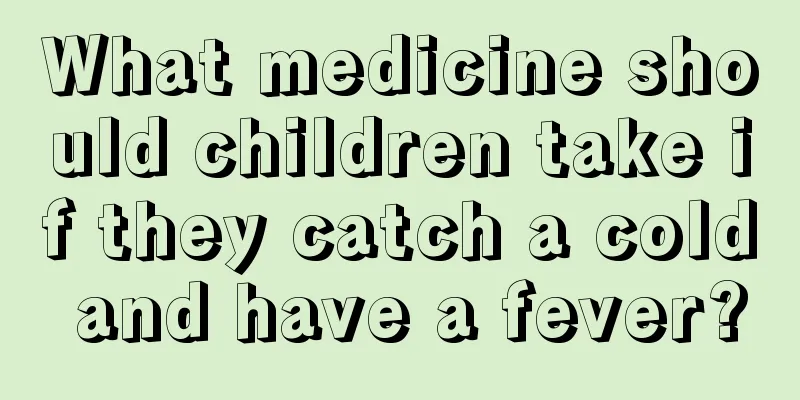
|
The weather outside is sometimes good and sometimes bad now. Because it is winter, the weather in some areas is sometimes cold and sometimes hot, while in the north it is basically very cold. If children go out to play at this time, they will easily catch a cold. This is not a good thing, because when this happens, the child will feel very uncomfortable and may become ill. So, what medicine should children take when they have a cold and fever? 1. Acetaminophen (also known as paracetamol) Usage: 10-15 mg/kg body weight/time, once every 4 hours, not more than 5 times in 24 hours. Advantages: It is absorbed quickly and completely, and can produce an antipyretic effect within 30 minutes of oral administration. The side effects are relatively small, there is basically no irritation to the gastrointestinal tract, no effect on platelet function and coagulation function, and no nephrotoxicity, so it is relatively safe. Doctors usually use this medicine for children under 2 years old. It can also be taken with milk or juice. Disadvantages: Although it can reduce fever quickly, the time it takes to control body temperature is shorter than other drugs, and the time it takes to control fever is about 2-4 hours. 2. Ibuprofen Usage: It can be used to reduce fever in infants and young children, and relieve mild headaches, sore throats and toothaches caused by colds and flu. 5-10 mg/kg per dose based on body weight. Repeat every 6-8 hours if needed, not to exceed 4 times in 24 hours. Advantages: It and acetaminophen are two antipyretic drugs recommended by the World Health Organization and are also relatively safe antipyretic drugs. Its advantage is that it can reduce fever smoothly and for a long time, and the average fever-reducing time is about 6 hours, and up to 8 hours. Moreover, it is more effective than acetaminophen in reducing fever above 39°C. Disadvantages: Mild gastrointestinal discomfort, occasional rash and tinnitus, headache, effects on coagulation function and elevated transferase, etc. There are also reports of gastrointestinal bleeding and aggravation of ulcers. There are also reports that it occasionally causes reversible renal damage in states of dehydration, hypovolemia, and low cardiac output, and overdose may cause side effects such as central nervous system depression and epileptic seizures. Therefore, it is generally used for children with high fever over 3 years old. |
<<: What should I do if my child has inflammation and repeated fever?
>>: What should children eat if they have diarrhea and repeated fever?
Recommend
What should I pay attention to when there are small red spots on my baby's body?
Being a mother is definitely a happy thing, but w...
Newborn baby has a lump in the breast? Teach you how to deal with it
Since newborns cannot communicate well, parents w...
What medicine should children take for pharyngitis?
Because many parents do not know much about the d...
Children's finger hangnails
It is a very common phenomenon for children to ha...
What is the reason why babies have milk curds?
The feces of breastfeeding babies contain small w...
The dangers of not sleeping in separate beds at the age of 9
Children sleep with their parents from birth so t...
Newborn baby girl menstruation
A few years ago, we saw a very strange thing in t...
Does baby's stool turn black after eating blueberries?
Although blueberry also has the word "berry&...
What are the causes of ADHD in children?
It is understandable that most children are activ...
Why do newborns wake up easily when sleeping?
There will be many strange behaviors in babies af...
Idioms describing children walking unsteadily
When a child just starts to learn to walk, he alw...
What causes foamy stools in newborns?
Foamy stools in newborns are abnormal. Newborns d...
What should I do if my baby has renal pelvis separation?
When the family members learned that the baby'...
What should I do if my baby has anal bleeding?
Many parents have found that their babies have an...
Dietary treatment for bronchitis in children
Bronchitis is a common disease, usually affecting...
